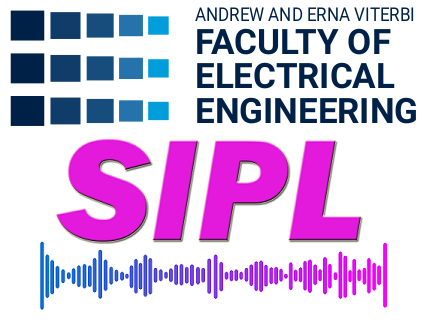The Blind Source Separation (BSS) problem consists of retrieving signals of interest (termed the “sources”) from a dataset consisting of their mixtures. One of the most popular and common paradigms for solving the BSS problem is Independent Component Analysis (ICA), where the sources are assumed to be (only) mutually statistically independent random processes, and the mixtures are assumed to be linear combinations thereof, where the linear mixing operator is unknown. In this talk, we shall start with the Gaussian Maximum Likelihood (GML) approach for the semi- blind problem, in which the sources are assumed to be temporally-diverse Gaussian processes. Based on the principles of this approach, we shall present our contributions in the form of two extensions. First, we shall consider the Independent Vector Analysis (IVA) framework, which has emerged in recent years as an extension of ICA into multiple datasets of mixtures. In IVA, the sources in each dataset are independent, but may depend on sources from other datasets. We will see the benefit in using IVA, and specifically that the GML approach leads to consistent separation regardless of the sources’ true distributions. Then, the noisy Gaussian ICA problem will be addressed, in which two asymptotically optimal solutions, w.r.t. two different optimality criteria, will be presented. We shall see (both analytically and empirically) that these solutions possess attractive properties even for non-Gaussian mixtures.
BIO:
Amir Weiss received the B.Sc. (magna cum laude) and M.Sc. degrees in electrical engineering from Tel-Aviv University (TAU), Tel-Aviv, Israel, in 2013 and 2015, respectively, where he is currently pursuing his Ph.D. degree at the School of Electrical Engineering. His research and teaching areas are in statistical and digital signal processing and estimation theory. He has also been holding a researcher position in these research areas with Elbit Systems, EW and SIGINT Elisra Ltd., Holon, Israel, since 2013.
Amir has received the Nadav Levanon studies prize for graduate students, the scientific publication prize (twice) and the David Burshtein scientific publication prize all from the The Yitzhak and Chaya Weinstein Research Institute for Signal Processing in 2016, 2017, 2018 and 2019 respectively.


